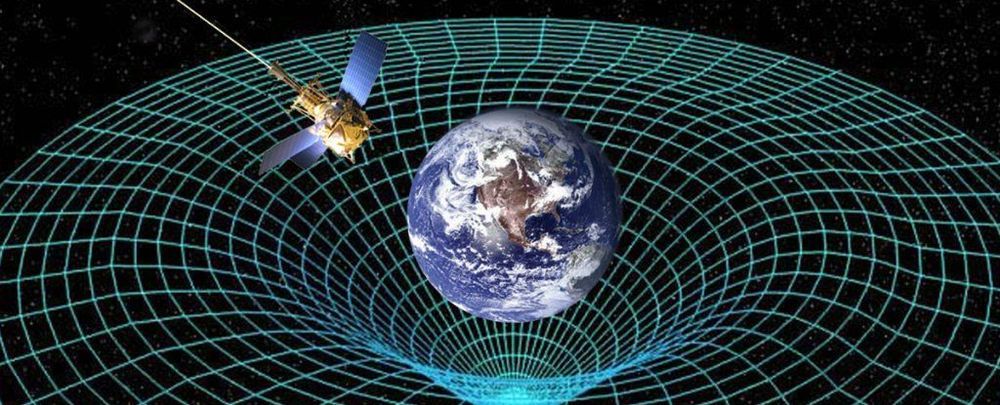Yesterday, the physics community got hyped-up over rumours that scientists might have finally detected gravitational waves — ripples in the curvature of spacetime predicted by Einstein 100 years ago — and that their observations could be coming to a peer-reviewed journal near you soon.
So far, our understanding of how gravity affects the Universe has been limited to observations of natural gravitational fields created by distant stars and planets. In fact, gravity is the last of the four fundamental forces that humans haven’t figured out how to produce and control. But now André Füzfa, a mathematician at the University of Namur in Belgium, has published a paper proposing a device that could do just that — albeit in tiny doses. And it wouldn’t require any new technology.
Let’s be clear, we’re talking about incredibly small gravitational fields here, not the type of ‘artificial gravity’ that’s used throughout science fiction to keep characters on shows like Star Trek and Battlestar Galactica walking, not floating, around spacecraft. As yet, that technology isn’t possible.
